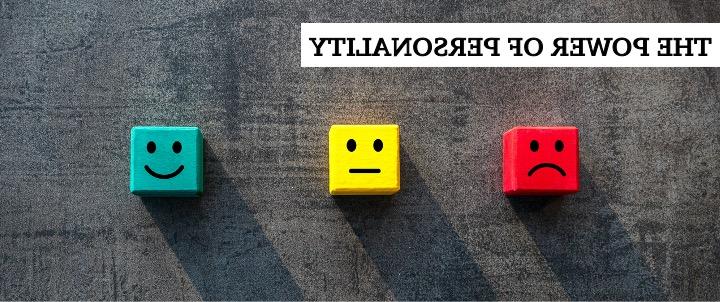
For leaders, understanding and knowing how to manage different personality types at work is vital for creating high-performing teams.
Ever wondered why some team members just seem to drain energy from the group whenever they come across each other? Capable as individuals they just seem incapable when it comes to working together. This can be one of the biggest challenges for team leaders looking to align people with organisational goals and ensuring the way they contribute will get everyone there.
As a leader you want your team to be successful but to achieve that you need people who will bring curiosity and an ability to translate that into problem solving with relevance. People no longer accept instruction without question; they decide what they do – and how they do it – based on how engaged and aligned they are to your purpose.
Organisations across the board are looking for ways to accelerate behavioural change in a way that enhances the effectiveness of their people. Often, the missing piece is informed insight to help make impactful decisions about change and the people that will affect that change.
This is where personality profiling comes in. Personality comes with us wherever we go. In a work environment, it influences how we approach our work and our interactions with other people. It affects how we lead, influence, communicate, collaborate, and manage stress. One of the most common tools organisations use here is DISC personality profiling, a behavioural assessment tool that helps people understand their personality and behavioural style. While there are various interpretations of what the acronym DISC stands for the four main personality types are:
D: Dominance
I: Influence
S: Steadiness
C: Conscientiousness
The DISC assessment is commonly used to improve communication, teamwork, productivity, leadership, and also sales. It can help people understand how they respond to challenges, influence others, and how they prefer to work.
The model is based on the notion that people use four behavioural types to express their emotions and responses. The origins of this concept can be traced back to Hippocrates, who described it around 400 BC as part of the ancient theory of the Four Temperaments of Humorism.
DISC assessments can be used for personal growth or career development. They can also be used by leaders to identify team members' values and communication styles, which can help to increase a group's potential for success. They are also a great way of identifying team members who would directly benefit from a professional coaching approach in developing self-awareness, self-confidence, problem solving or developing their own leadership style.
A DISC personality profiling workshop can be a great place to start if team cohesion and development is an area you as a leader are looking to evolve.









